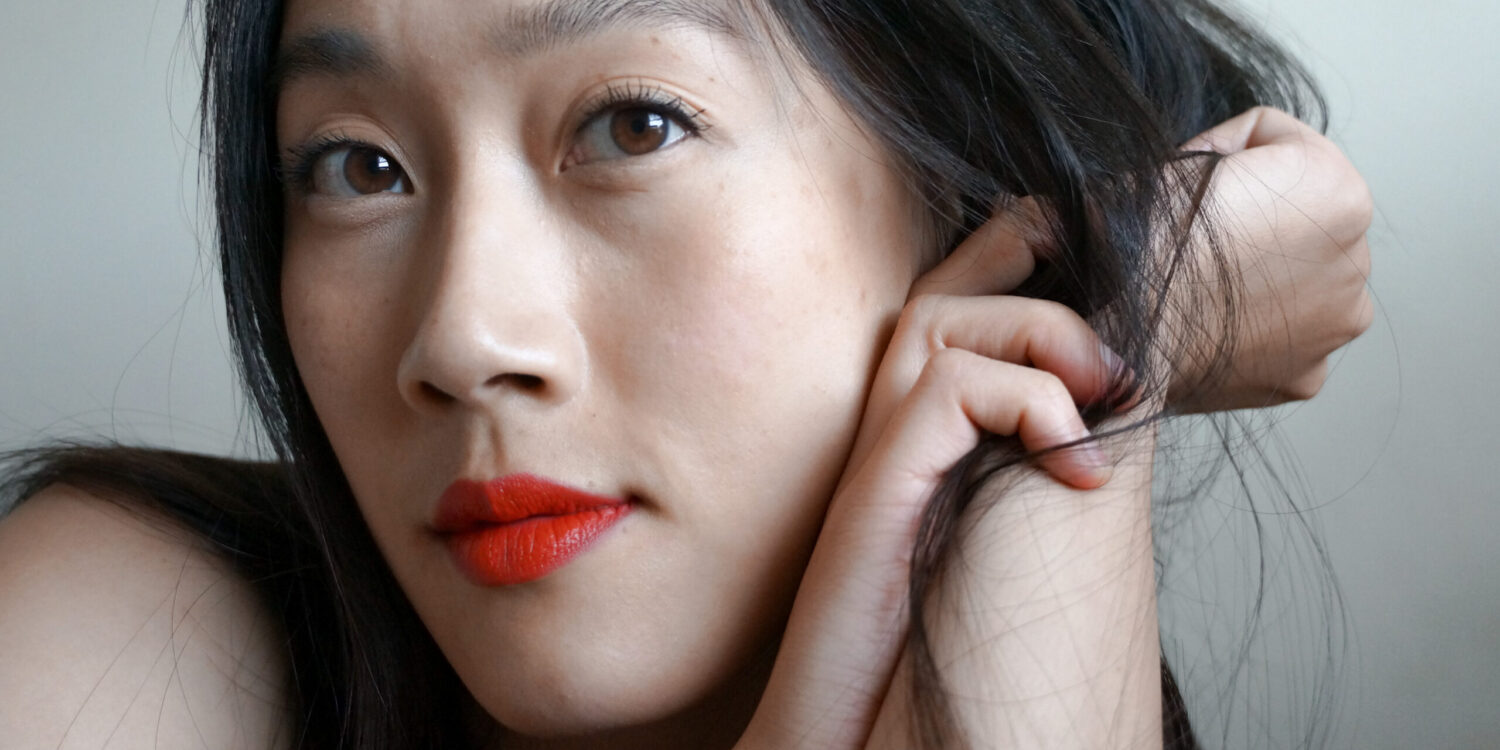I struggled with the text for this love letter.
Flow my tears by John Dowland and Che si può fare by Barbara Strozzi: it’s not that I love them any less than the other pieces in this series, or that I love them in a different way. They are just also well-loved by many other people. What could I possibly offer that hasn’t already been said by someone else? There are so many performances of these two pieces. Was it necessary to add my versions to the world? Was it self-indulgent?
Plus, performance practice/history can be a heavy thing to reckon with. At its best, it is a chest of tools made by past performers and scholars that one can use to build new things. At its worst, it is a collection of hardened “shoulds” and “should-nots” to measure against and find lack.
I rolled the thoughts around in my brain while going for a run, and realized that maybe the premises for my questions were faulty to begin with. As I wrote earlier, pieces are beings, and each person has their own individual, private relationship with a piece. I enjoy researching performance practice for early music, but would probably be wary of anyone who said they knew the One True Way™ of performing anything.
Pieces are not territories to be occupied, to be conquered. Pieces are not objects that get worn out by use. They are not commodities; there is no part of any of this which is finite. I understood why these concerns appeared in my mind, but none of these were the real question.
I dug a little deeper and unearthed it, the one we singers ask ourselves when we lie awake in the middle of the night:
Why sing?
As this was mid-run, my thoughts naturally drifted to why I was running that particular evening. I felt my sore muscles, my burning lungs, my pounding heart. I felt the sweat trickle down my forehead, drip down my back, gather in my elbow creases. None of that was comfortable. I certainly wasn’t running because it was fun. But I had just gotten through a difficult day of rehearsal by dimming myself, and I wanted to at least finish the last remaining bit of the day on my own terms. I wanted to feel, to be fully myself even just for these thirty sweaty, swear-word-filled minutes. I wanted proof that I was living and not just surviving.
Perhaps this is why I sing these two pieces. I want to feel. I feel my body: my ribcage expanding with inhalations, my heart pulsing as I sustain long notes. I lean into or away from the sounds Jacob and Susanna make, I breathe with them, I offer and respond to impulses. I feel the text I am singing, and the subtexts in the dissonances and silences. I feel, and it is proof that I am alive.
Unlike these pieces, I get worn out with use. Each beat of my heart, each breath that I take brings me closer to the moment of my own end. I have finite time, there is no escaping that. But as I grow older, I choose more and more to let myself feel fully, to stay open and optimistic, to spend my numbered heartbeats connecting with other human beings, to feel the delicious ache under my ribcage when a dissonance leans into me with just the right weight.
My sincere thanks and love to Jake and Zan. In a field of work where one spends a lot of time alone, it was wonderful to make music and hang out with these two generous and kind human beings, who gave me the gift of being present and listening deeply. And another thanks to John Potter, who led by example and showed me how to play early music as a living thing, to not be too precious with pieces and overly respectful of authority.
